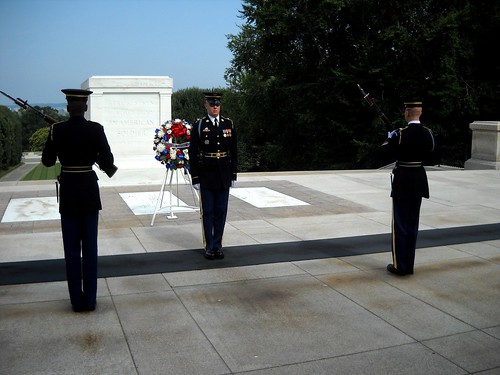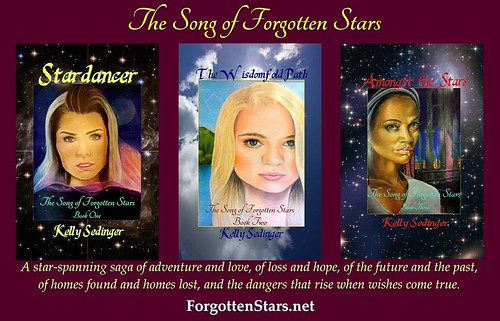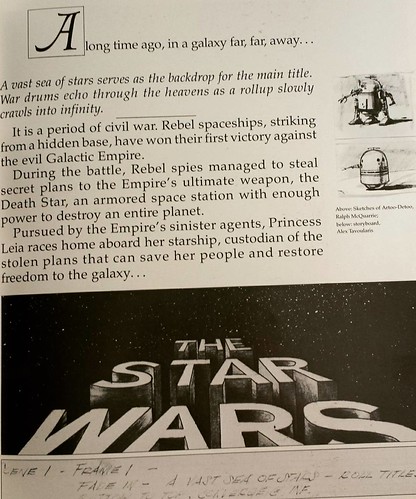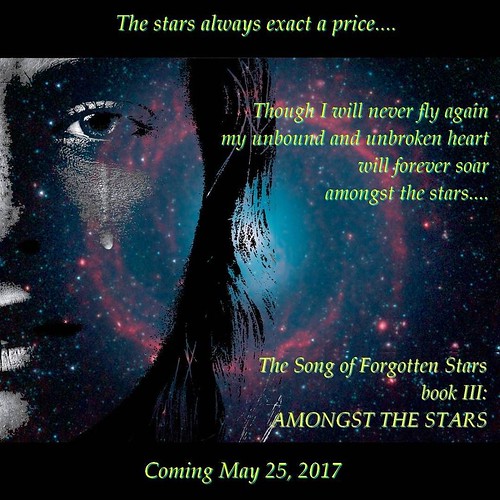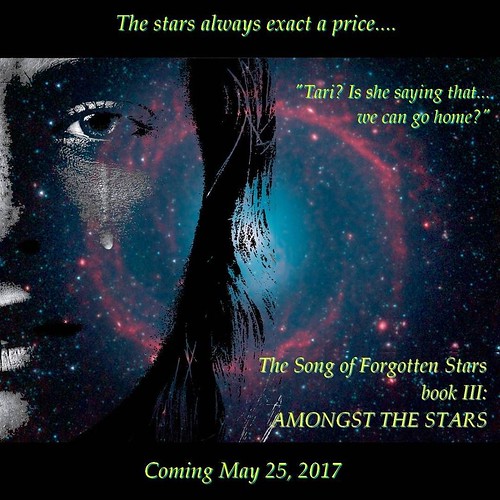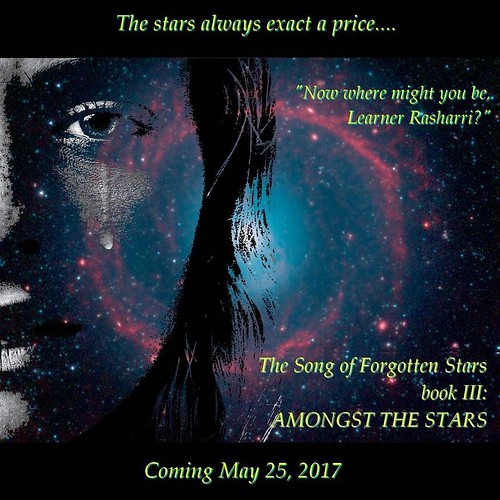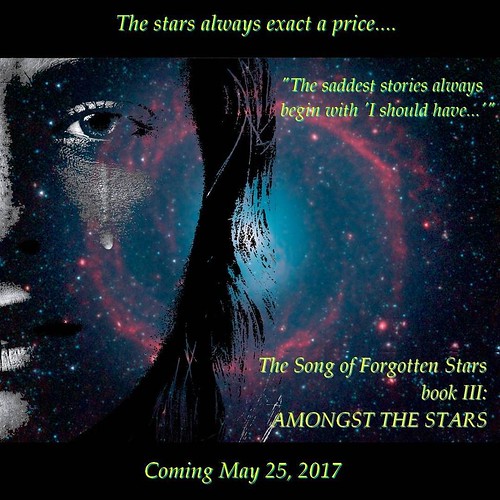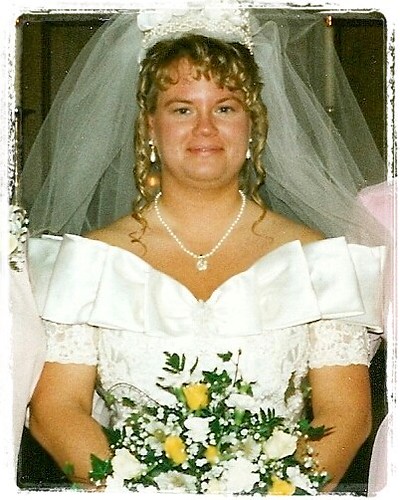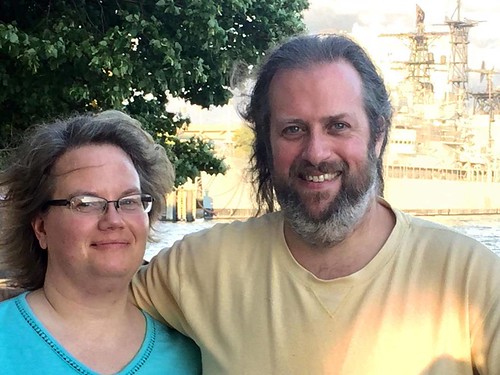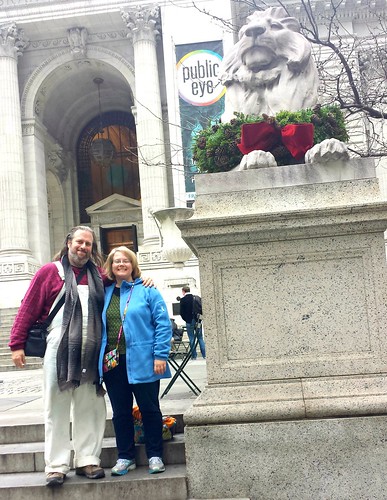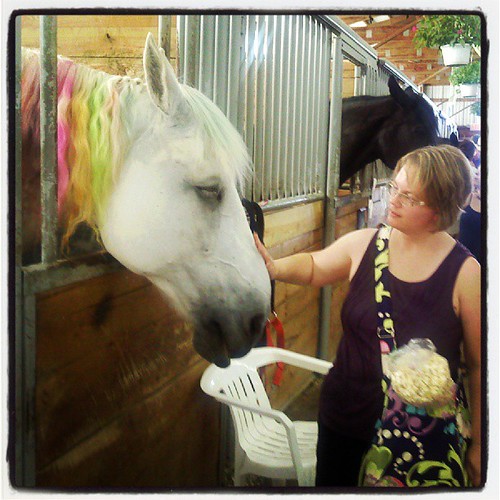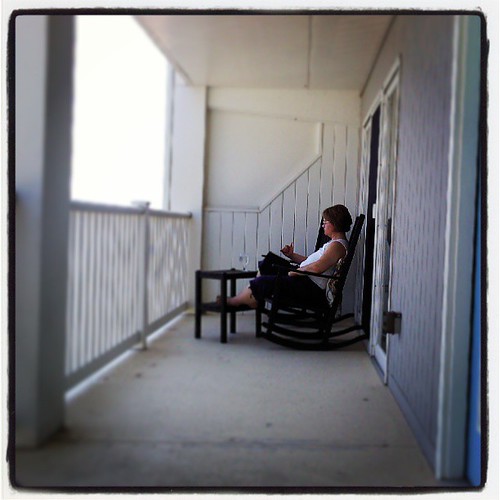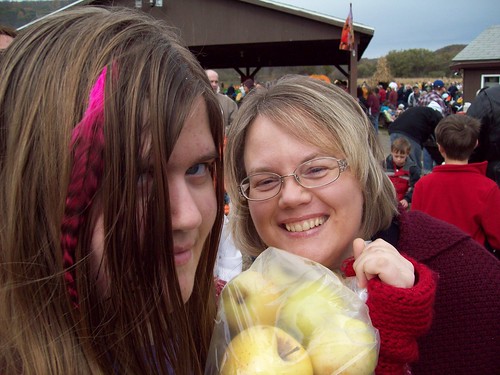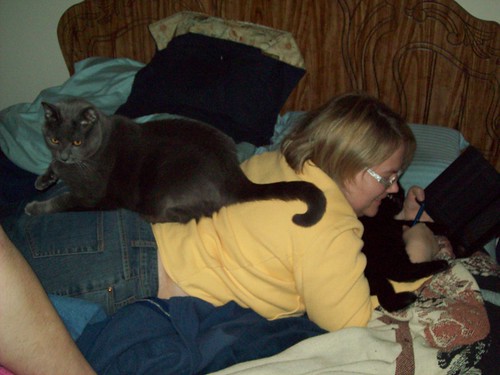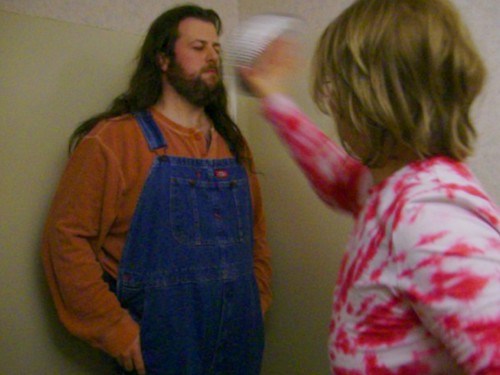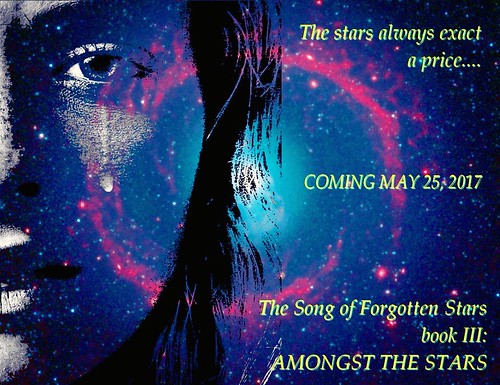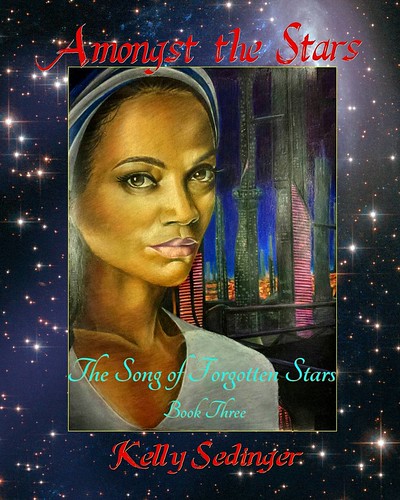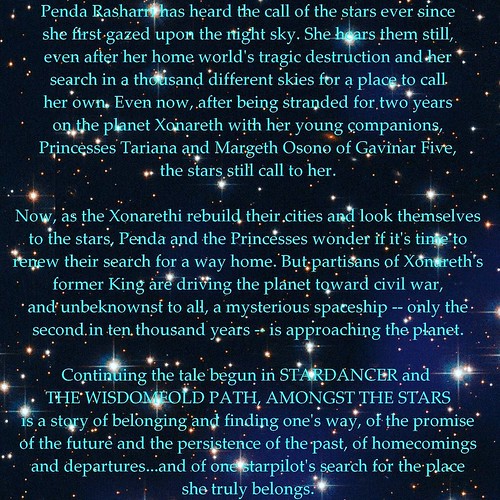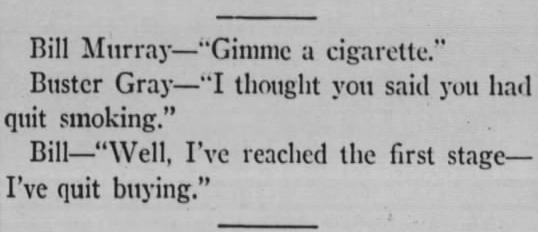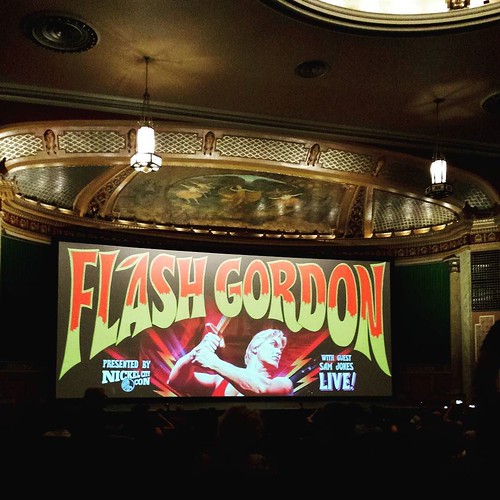
This was in conjunction with Buffalo's new comic-con, Nickel City Con, and what a night it was!
In 1980, at the height of the post-Star Wars science fiction film boom, a screen adaptation of Flash Gordon came out. An amusing irony of this is that earlier in the 1970s, a filmmaker newly out of film school named George Lucas had wanted to make his own adaptation of Flash Gordon, but he couldn't get the rights, so he set about creating his own original sci-fi space opera project. His work eventually did, in a way, pave the way for Flash Gordon's return to the big screen.
The late 70s and early 80s were a heady time for sci-fi at the movies, provided you liked what I often call "explodey spaceshippy goodness". After Star Wars, everybody wanted on board. There were low-budget flicks like Battle Beyond the Stars and Starcrash. Disney got on the bandwagon with The Black Hole, and there was even a sci-fi horror film, Alien (not a film I like, but I seem to be in a permanent minority on this) and sci-fi takes on the Western like Outland. On television there was Battlestar Galactica and Buck Rogers in the 25th Century. After Star Wars, Star Trek finally made its way to the big screen, and even James Bond got into the act in Moonraker.
Flash Gordon had been in development all along, stalled at various points as producer Dino De Laurentiis looked for screenwriters and then directors. He finally got the film made for a Christmas 1980 release, and I remember the keen anticipation for the movie, which in my fourth-grade class was at nearly pre-Empire Strikes Back levels. Every kid I knew was looking forward to the movie, both because of its sci-fi nature and because of its already famous soundtrack by rock band Queen. The movie arrived, everybody saw it, everybody loved it. I remember actually not being able to see it the first time we tried because the theater was so packed. Eventually I saw it either twice or three times, and then not again until college when we rented it and had a good time with it, and then not again until fifteen years or so later when I finally got a DVD of it. And now, on the big screen a couple weeks ago, at Buffalo's North Park Theater.
The screening was followed by a Q-and-A session with Flash himself, actor Sam J. Jones, which was an added enticement to trek across town on a weeknight to see a 37-year-old sci-fi flick. The evening turned out to be quite wonderful, with the only downside being the North Park Theater's air conditioning either being insufficient, or shut off, or simply nonexsitent (not sure which) on what was the first 80-degree day in Western New York. It was a really hot night in the theater, but for the most part I didn't care. I was seeing Flash Gordon again. A few previews (for documentaries, not blockbusters -- the North Park is an art-house theater most of the time), and then it was showtime.
How does Flash Gordon hold up?
Very well.
Now, I admit that "holding up" may not quite be the right way to look at things for a movie like this. Flash Gordon is most definitely of a specific time and place, and maybe you have to be pre-attuned to it to appreciate it. But I don't think it's particular dated in any way. It's cheesy in the best way of being timelessly cheesy. The movie was never intended to be taken all that seriously. What it gets so right is that even as the movie isn't taking itself too seriously, it doesn't allow the characters to fall into the trap of winking at the audience. There are no knowing smirks here, no mugging for the camera. Well, yes, there is Brian Blessed, who has made a cottage industry for himself of grinning wildly as battle nears -- witness his turn as Exeter in Henry V, and his glee during the St. Crispin's Day speech. And in Flash Gordon he is playing a Hawkman lord, almost portraying him as a Viking chieftain in his great hall with a tankard of mead in his hand. And who can blame him? He has to deliver the signature line "DIVE!!!" three times, and he also says things like "Impetuous boy! Oh well, who wants to live forever?" Blessed gives the movie its single over-the-top performance, and a lot of the reason it works is that nobody else is going over-the-top.
Everyone else, though, plays things straight, which is really the only way to go. Flash Gordon has to say things like "A rational transaction -- one life for billions!" Dale Arden has lines like "Keeping our word is one of the things that make us better than you" and "Just hold me two seconds, and then drop me so I can kiss the ground." There's nothing to do with dialogue like that but play it straight, and if Sam J. Jones and Melody Anderson aren't considered great actors, so what? There's something to be said for being able to convincingly create a character whom I can absolutely believe would say things like "Oh Flash, I love you, but we only have fourteen hours to save the Earth!"
What I appreciated most about Flash Gordon, though, was its look and sound and feel. The movie is nicely paced, even at a less frenetic pace than we're used to in films of this genre today. There are several interwoven storylines going on here, and nothing ever outstays its welcome (maybe the Zarkov "reprogramming" sequence). Best of all, though, is the way the movie looks. For another entry in the post-Star Wars sci-fi craze, Flash Gordon has a look all its own. Except for early on, there are no glittering starfields and its spaceships don't look like real machines. The view of Earth in the opening scene itself is highly stylized, like a globe floating in space, bearing no resemblance to the famous blue-white marble of the Apollo photos. And once we get to Mongo, everything is vibrant, brilliant color, with swirling clouds and Art Deco war rockets and a towering glittering city that looks like the sinister version of Emerald City in Oz. The costumes are ridiculously ornate, as are the settings -- even the muted appearance of Arboria, the moon of the tree-men, where everyone dresses like a late-70s disco version of Robin Hood. Flash Gordon wears its comic-book origins on its sleeve, going so far as to use actual comics imagery during its opening credits, sometimes in so close a resolution that you can actually see the dots of the color halftoning in the old printing process for comics.
And then there's the soundtrack, which might be the film's most famous element. This was when Queen was hitting it big in the US (I remember hearing them each week on the Top 40 show with Casey Kasem). It's interesting to me that a movie which puts its origins in 1930s and 1940s comics and film serials so in the forefront -- even more than Star Wars had done -- choose an entirely different approach with its music than Star Wars, in which John Williams was at least partially channeling the spirits of Golden Age composers like Erich Wolfgang Korngold. Instead we get a rock-and-roll score by the greatest "showman" rock group of all time, with those pounding chords that introduce the main song, more lyrical passages along the way, and then a rock score for the big battle in the sky. Rock-and-roll action music, swirling passages of chords reflecting Mongo's visuals, and there's even a gonzo version of the Wedding March for Ming's wedding to Dale. There is an orchestral score as well, by Howard Blake, that melds pretty seamlessly with the more bombastic material by Queen, the thundering rock drums and the blazing guitars. I wonder if Queen would have returned for the sequels that once seemed inevitable (and were never to be), or if the producers would have engaged a different rock band each time out: Flash Gordon II: Ming's Return, featuring a score by Rush!
I love this movie. It's a glorious, fun throwback movie of pure adventure and good humor. There are earnest heroes and skeptical allies and a scary villain (OK, his slightly Asiatic appearance as he is made up in the movie is admittedly problematic) and a mad scientist and a girl who is never entirely deprived of agency or reduced to mere damsel-in-distress status. Add to that all the neat visuals (really, no sci-fi movie has every looked like this again, even if the ships and the Hawkmen don't move with the same convincing style as the ships in Star Wars, but really, that's an awfully high bar to set, even today), an incredible rock-and-roll score, and a script that is cheesy as hell but is also occasionally downright witty ("I knew you were up to something, Aura, though I confess I hadn't thought of necrophilia."). Really, what more would I have wanted from a night in the theater with a big bucket of popcorn when I was nine?
And what more would I want from a similar night in the theater now?








